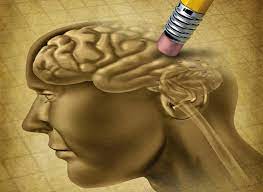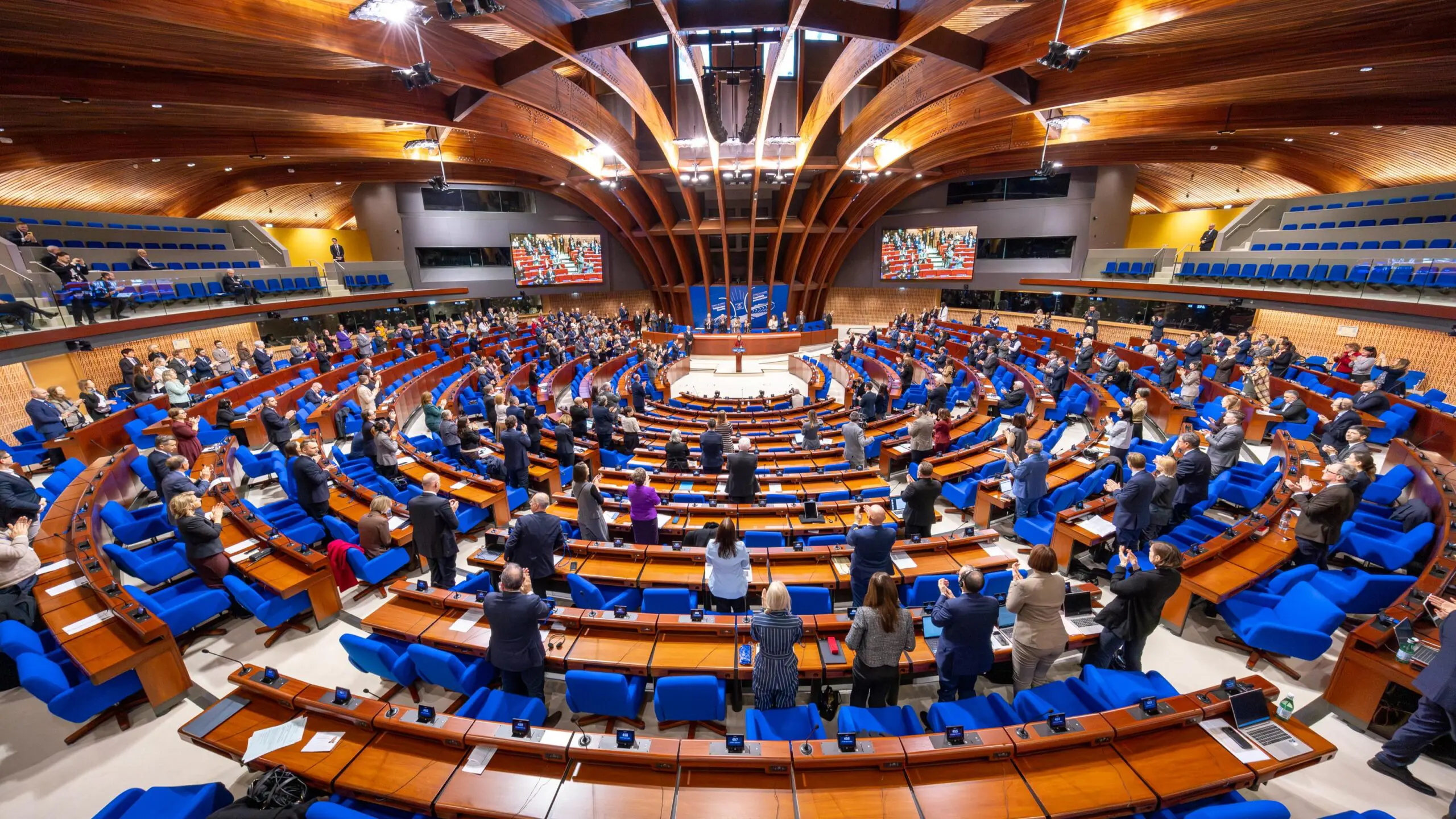After it was proved in the 19th century that the volume of the male brain is slightly larger than that of the female, this immediately gave rise to the version that women are not so smart. But shortly thereafter, it was shown that brain volume did not affect a person’s mental abilities in any way. Dr. Joseph Sims found that the average brain mass of people living in cold climates is higher than that of people living in warm countries. The leaders are the Norwegians, followed by the Swedes and Danes, followed by the Germans, French and Italians. Joseph Sims also proved that the volume of the human brain decreases with age. But more recent studies have shown that brain changes occur with age, not only in terms of volume but also in the structure and function of the brain. Researchers at the Mullinkrodt Institute of Radiology at the University of Washington School of Medicine in St. Louis conducted a special study to look at age-related changes in the brain. All volunteers underwent a brain scan that measured the flow of oxygen and sugar to the brain. This data was then entered into a computer program. According to the results of her calculations, the age of a woman’s brain is on average 3.8 years younger than her biological age. In men, the age of their brain is 2.4 years higher than its actual value. According to Dr. Goyal, this difference in the age of the brain in both sexes begins to form during puberty. It has been found that there is a direct link between the development of the brain during this period and its further aging. According to Marcus Reichl, a neurologist at the University of Washington School of Medicine in St. Louis, the difference in brain metabolism is difficult to explain by hormonal changes alone, as menopause in women does not change anything. So there is something else that affects the brain’s metabolism. The expert does not rule out the possibility that this difference is genetically inherited.
US scientists have analyzed 985 fossils and modern human skulls and found that the human brain has grown sharply in size – between 2.1 and 1.5 million years, and then, relatively recently – three thousand years ago, began to shrink again . Drawing parallels with ants, the authors suggested that the contraction of the brain occurred in parallel with the transfer of a number of functions to the collective mind. The results are published in the journal Frontiers in Ecology and Evolution.
“The surprising fact is that our brains are smaller than those of our Pleistocene ancestors. Why our brains have shrunk is a great mystery to anthropologists,” said study co-author Dr. Jeremy De Silva.
While studying the size and structure of colonies of different ant species, as well as the physiology and energy use at the individual insect level, the authors found that ant brains in highly organized colonies were smaller than body size than in low-organized communities. The brain is the most complex and energy-intensive organ. The authors believe that in social groups of ants, where there is a clear division of responsibilities and decision-making is transferred to the level of collective intelligence, the brain of insects is reduced in size to become more energy efficient. Although ants and human communities differ in many ways, researchers believe they share common social traits, such as group decision-making, division of labor, and food co-production. But these traits were not always characteristic of humans, but arose approximately on the border of the Pleistocene and Holocene, when our ancestors passed from tribal to tribal social structure. Scientists believe that the reduction of the brain in modern man is due to the growing dependence on collective intelligence, as a group of people is always smarter than the smartest person in the group.
Scientists suggest that in the future, the increasing externalization of knowledge, which requires less and less energy to store large amounts of information individually, may lead to a further reduction in brain size.







